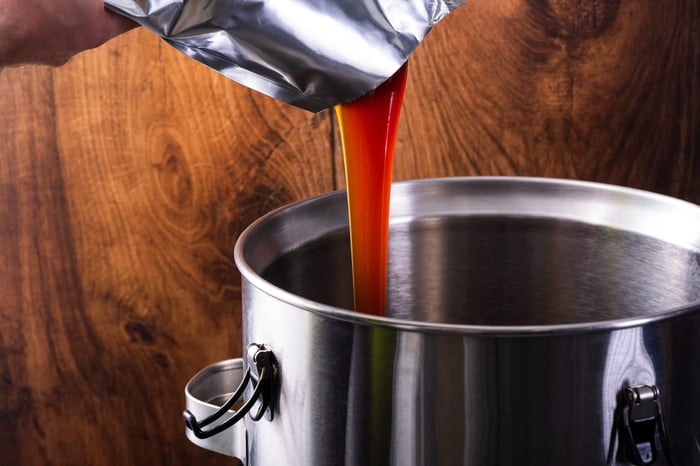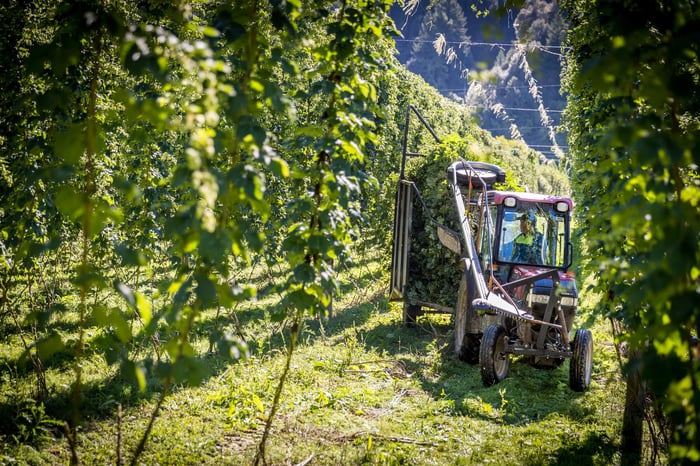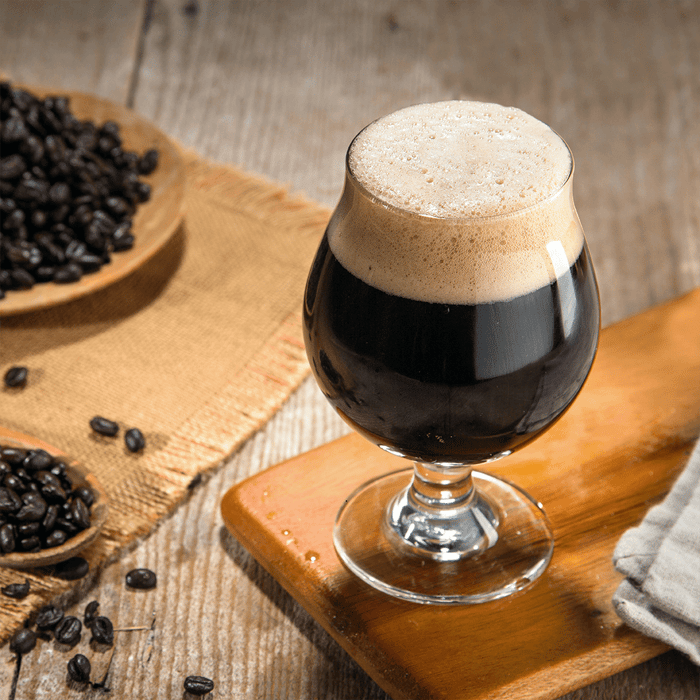Here's a question that's been buzzing around New Zealand brewing forums: can you skip the sparge and still produce top-notch beer? With our busy lifestyles and compact brewing spaces, the appeal of a quicker, simpler process is obvious. But does it stack up when quality's on the line?
We took this question seriously and designed a proper experiment to find out. No guesswork, no assumptions – just solid brewing science and honest tasting.
Breaking Down the No Sparge Method
Traditional brewing involves two water additions: mash water first, then sparge water to rinse the grain bed. The no sparge approach combines these into one big water addition right at the start.
What makes it attractive:
- Faster brew days (perfect for those packed Auckland weekends)
- Fewer vessels to manage (great for smaller setups)
- Less complexity for beginning brewers
Where it might struggle:
- Higher liquid-to-grain ratios affecting mash dynamics
- Reduced sugar extraction efficiency
- Potential changes to beer body and flavour profile
Our Experimental Setup
We brewed two identical batches, changing only the water addition method. Then we organised a blind tasting session to see if people could actually tell the difference – and which they preferred.
Recipe Details
Core Stats:
- OG: 1.046
- FG: 1.012
- ABV: 4.6%
- IBU: 36.15
Malt Foundation:
- 4.3kg Marris Otter (95.6%)
- 0.2kg Crystal (4.4%)
Hop Profile:
- 10g Nelson Sauvin at 60 minutes (14.96 IBU) – supporting our local hop industry!
- 130g Nelson Sauvin at Whirlpool (21.20 IBU)
Fermentation: Mangrove Jack's M44 – US West Coast (another Kiwi company!)
Water Volume Planning
Sparge Version Calculations:Mash water: 15.65 litres (grain weight × 2.7 + buffer) Sparge water: 9.35 litres to reach 18 litres pre-boil
No Sparge Version Calculations:Total water: 25 litres added directly to the mash
Brewing Day Experience
Both systems performed beautifully – hitting mash temperatures precisely and producing crystal-clear wort during recirculation. The no sparge beer moved straight to boil after draining, while the sparged version required the additional fly sparge step.
Both batches achieved exactly 18 litres pre-boil volume – precision that would make any Kiwi engineer proud!
Post-boil specific gravities:
- Sparged version: 1.060 (efficiency: 63.4%)
- No sparge version: 1.045 (efficiency: 47.52%)
The efficiency gap measured 16% – a significant difference that translates directly to ingredient costs.
Tasting Panel Results
Our blind triangle test delivered decisive results. Nine out of ten tasters preferred the sparged beer, with eight correctly identifying the different sample. Common feedback described the no sparge version as thinner, with metallic undertones and diminished hop character.
Practical Advice for New Zealand Brewers
Both beers were certainly drinkable – you wouldn't complain if someone handed you either at a barbecue. However, the quality difference was unmistakable to experienced palates.
Discover our complete brewing systems designed for maximum extraction efficiency
For rushed brew days or casual session beers, the no sparge method works adequately. But for crafting something special – whether it's showcasing New Zealand hops or creating a beer worthy of competition – traditional sparging delivers superior results.
The efficiency loss alone justifies the extra time investment. In a country where we value getting the most from our resources, leaving 16% of potential extract behind seems wasteful.
Grainfather Team










